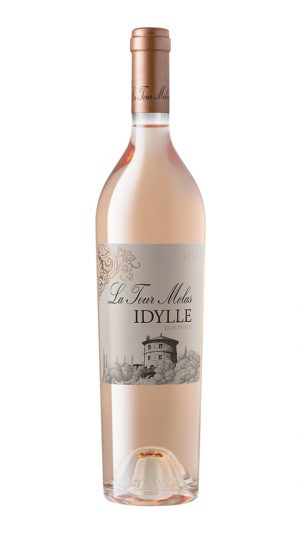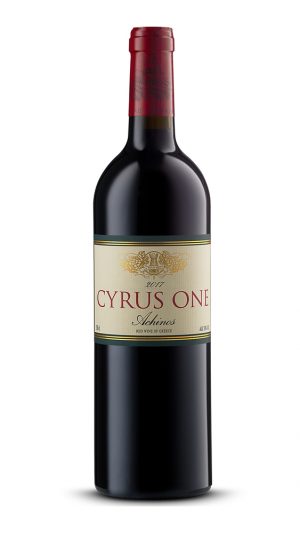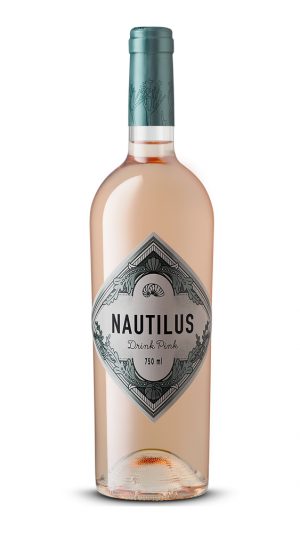La Tour Melas Silphium 2020
Type: Rose
Country: Greece
Region: Central Greece
Grape Variety: 60% Grenache, 40% Syrah
Alcohol Percentage: 13%
Viticulture: Biodynamic | Organic Farming
Climate: Typically Mediterranean climate. Mild wet winters, with hot and dry summers. Low rainfall between 600 and 700 mm. The impact of the sea is very important as the breeze brings humidity and maintains the grapevines cool during the day, whereas the rocky soil keeps the vines warm at night. The terraces are Northeast facing. All these elements combined offer an ideal micro-climate
Terroir: The terroir of sloping terraces is composed of alluvial gravels of the Quaternary and rises up to 200 meters above the sea level, separated only by two kilometres. These gravels mainly consist of clays, sands, grits and limestone coastal conglomerates
Ageing: Ageing on fine lees for 7 months: 15% in barrels and 85% in Inox vat
Color: Bright and vivid peach- melon hues.
Nose: Complex nose and pear delicate aromas
Palate: Silphium is a rich and round wine, balanced with a soft acidity that leads to a sumptuous finishing with notes of white flowers as chamomile, pear, pineapple and very distinguished tannins. Silphium remains a wine with a good ageing potential, which is uncommon for a rose
About the Winery:
La Tour Melas is a young and dynamic winery that creates well made, textural and interesting wines in Achinos, Central Greece.
At an altitude of 300m, the property is surrounded by ancient, untouched oak forests, overlooking the Aegean Sea. The eponymous tower in Achinos overlooks and guards the vines that produce wine in its name, all managed with biodynamic and organic techniques. Kyros Melas planted his 11ha of vineyards, on slopes that run down towards the expanse of the Sea, with Merlot, Cabernet Franc and Petit Verdot vines imported from France. This allows the sea breeze to cool the vines during the day, while the rocky terrain keeps the vines warm at night, thus creating an ideal micro-climate.
Uncompromising standards result in vines producing only 30-50 hectolitres per hectare – A scarce yield, especially considering the dense planting. This density combined with the steepness of the vineyards results in less water per vine, hence more concentrated grape juice. Rigorous pruning (guyot simple) further increases concentration. Their vines are hand-picked, then fermented and turned into wine with as little intervention as possible through the underground gravity-flow winery of the property. To finish, each wine is bottled by hand, bringing to an end a truly artisanal process.
The winery also practises biodynamic organic methods and treat the vineyard as a unified organism. This balances the interrelationship of soil, plants and animals as a self-nourishing system without external input. Flocks of geese and sheep graze the vineyard in winter to keep weeds in control, and our bees begin pollinating the surrounding flowers in spring. In harmony with the astronomical planting calendar, they choose the precise phase of the moon for cultivating, pruning, harvesting, and even for filling bottles and racking barrels.




